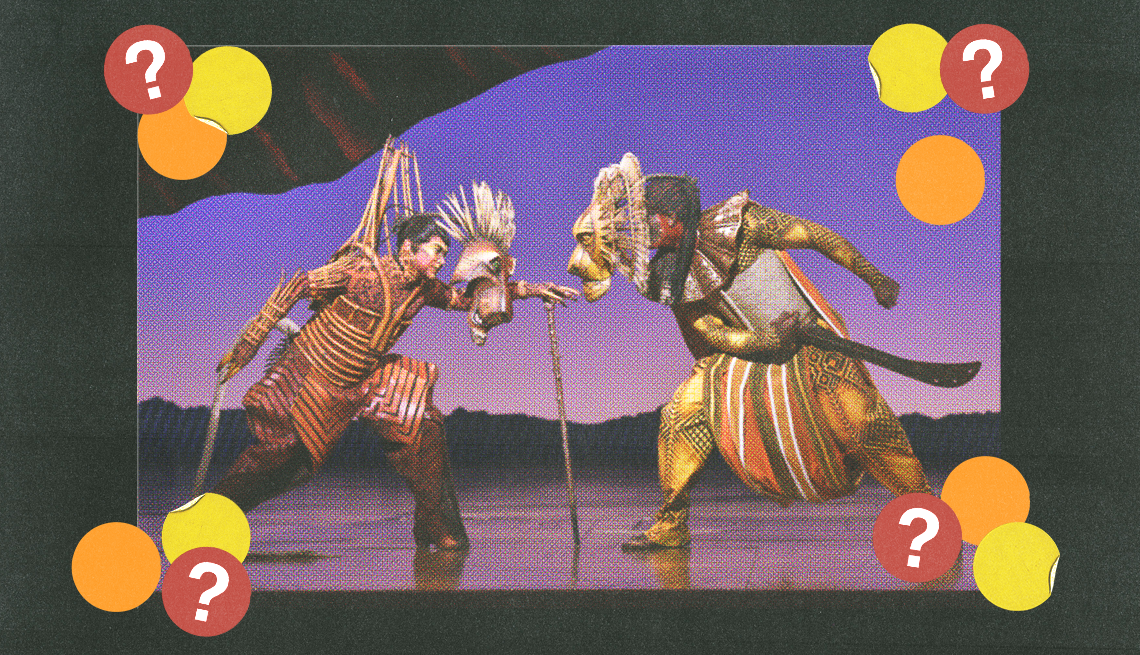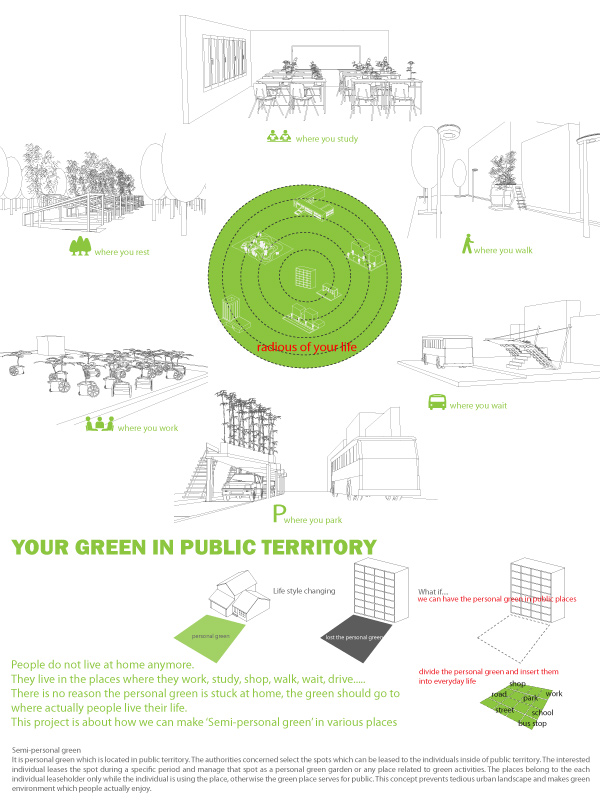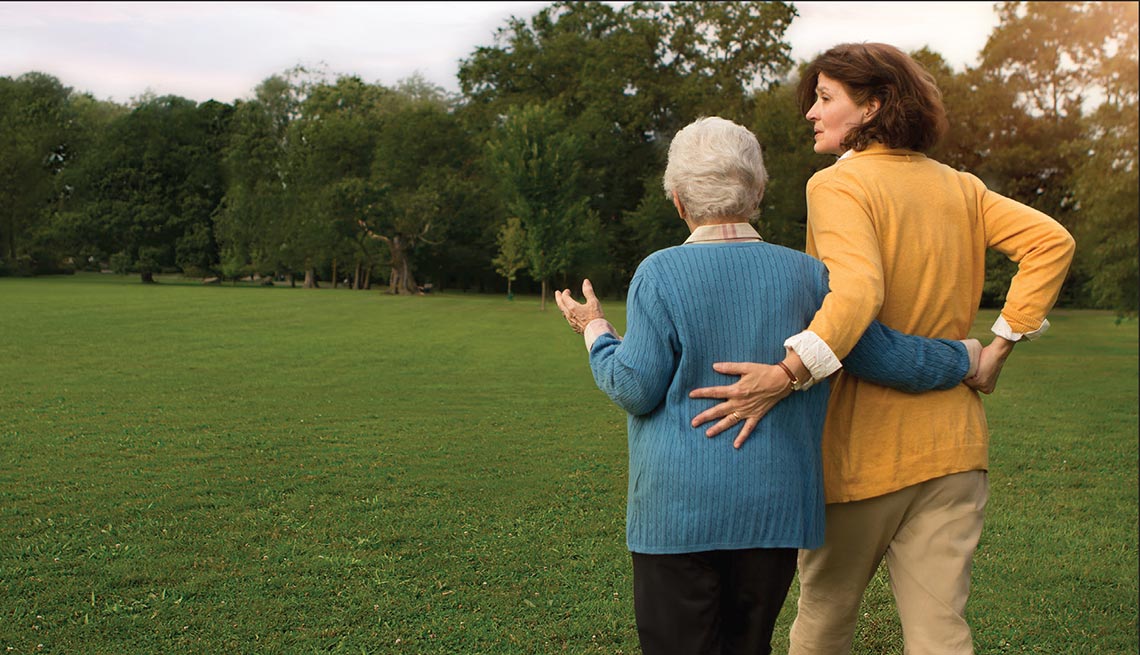
- Select a language for the TTS:
- UK English Female
- UK English Male
- US English Female
- US English Male
- Australian Female
- Australian Male
- Language selected: (auto detect) - EN
Play all audios:
Sorting through a cupboard beneath the stairs, I discovered that many spare copies of my older books had suffered seriously from damp and would have to be thrown out. A few are salvageable,
but not many. Beneath these it looks as if old opera programmes and copies of the Wide World which was edited by my grandfather, Victor Pit-Kethley, will have to meet a similar fate. It is
sad, but at least many other copies of my old books were read elsewhere and have probably been better preserved by others around the world. It has a parallel with a publishing disaster I
have suffered in the last year. It is time to analyse what went wrong and see if anything can be salvaged. The main component in this disaster is the overpricing of my book, _Washing
Amethysts in the Bidet_. An expensive printer and a lot of illustrations lay at the heart of this. The text could have stood alone without all the images. I have just checked the prices it
is being offered for on various Amazon sites. Currently it is £41.38 in the UK, my chief market, €56.33 in Europe and $36.11 in the US. This is a normal size paperback. It is not a coffee
table book. And of course, almost nobody wants to buy at those prices. A friend in Tasmania who was keen to read it found out that it would have cost her about £70 including postage. When I
signed the contract a few years ago most of the paperbacks produced by this firm were circa £10. I had no way of knowing this was going to happen. Perhaps pricing is an element that should
be covered in literary contracts, but it isn’t. Across my 45 years or so of writing, my experiences of publishing have been very varied. With the largest publishers there was always a high
level of competence. You had regular royalty statements and you got answers to letters or emails. This is not always true of the independents. My acceptability to major publishers and
newspapers started to die off once I turned 40. My writing was no worse but perhaps they feel, in the case of women especially, that youth is all important. Ageism also exists for men, but
it mostly only kicks in when they reach 60. I fixed my financial problems by moving to Spain in 2002. It costs far less to live there and in theory most writing and submitting can be done by
email. If major publishers are no longer willing to look at your work, you have two alternatives: small independent firms or self-publish. I have done a bit of both. Self-publishing is now
easy, thanks to Amazon, and cost free. With print on demand, you don’t have to store copies. I was happy to put old books back into print or on Kindle via this method and published some of
my earliest work too. There is still a slight stigma to self-publishing and however good the work you self-publish may be, it usually cannot be entered for prizes. That is the only downside.
Things may be considerably worse if you opt for a small publisher. This is a horrible cautionary tale of what might happen. Be careful what you wish for. Independent publishers are very
mixed. If they keep their formula small and simple it can work well. There is almost no money in it, as you are usually paid in copies, but in the case of poetry it showcases work that could
be included in a longer collection at some future date. In recent years I had good experiences with two that produced tiny pamphlets: Dreich and Rack Press. They are both printed in a
simple straightforward manner and could therefore be put on sale at a low price. No complaints. The Dreich pamphlet, _The Samson Crane,_ was the result of a competition, as were two
pamphlets which will be published by Hedgehog Press. I can get my work accepted anonymously in competitions sometimes, but offering it as a known older writer living abroad is much more
problematic. The essential problem with small publishers is that most are one-man or one-woman operations. If there are health problems this can spiral into disaster for both the publisher
and his or her authors. I spent many years compiling _Washing Amethysts in the Bidet_, a book on collecting minerals in the Sierra Minera. It’s a personal account, which includes anecdotes
from my life alongside detailed history of the area. I am very proud of this book. I think it is one of the best I have written. A documentary filmmaker, who read it to help her researches,
compared it to Gilbert White’s _Natural History of Selbourne_. It’s a book that sums up a place. The book also looks good. The publisher comes from an artistic family and has good layout
skills, but sadly was not as good in other respects. The cover price set for this paperback was exceptionally high, unrealistically so. I had expressed some caution about the inclusion of a
lot of colour illustrations, but she went ahead. I provided half, and the rest were items her company owned or could use free. So, there was nothing to pay for their use, but the cost of
including so many illustrations raised the cost of printing hugely. This was further increased by her using purple colour in some of the page headings and brown in her publisher’s logo.
Friends who have worked in printing tell me these will have added to the basic cost requiring another print run. And they add nothing to the quality. I had one good review by Liz Hodgkinson
in _The Lady_. I had to provide a PDF, as the publisher ignored requests for a review copy initially. It was only after more requests that an actual copy was sent out — after the review was
written. Liz Hodgkinson asked for, but did not get, a high-resolution version of the cover. Raymond Keene also wanted to review it for _TheArticle_. I asked the publisher umpteen times and
was told it had been sent or was about to be sent, but it never arrived. This was the pattern for most of my dealings with her. Other requests also went into a similar black hole, such as
the one from an Irish librarian interested in getting the book into Dublin libraries. I felt much embarrassment at the high price of the book and many friends told me they had intended to
buy it, but could not afford that sort of price plus postage. I urged some to try to get their libraries to order it and some were sold that way. I had two email addresses for the publisher.
One was based at her home in Spain and the other was her business one. I always used both. Increasingly these emails remained unanswered. Occasionally I managed to catch her by message on
Facebook. After 11 months or so I invoked a clause in my contract and did get a royalty statement. As I expected, sales were minute. The statement only really includes copies sold at a
profit and not those sold at cost. Unlike most of my other books it was never stocked in bookshops. Any sales will have been via the publisher’s website, a website that is not exactly
user-friendly, or Amazon and a handful of other online retailers — at highly unrealistic prices. I don’t doubt that most small publishers start with good intentions but there is a lot that
can go wrong in a situation where there is no back-up. While independent presses are not “vanity presses”, they are in part about vanity. Someone wants to be called a publisher. In this way
they can be quite dangerous to authors. No, we don’t pay money to be published by them, but they tie up our work and can destroy its ability to sell by setting an unrealistic price on it or
not distributing it well. I often write both prose and poetry on the same themes. Using different techniques interests me. I had also written a long series of poems related to mines and
mining. These were accepted by a small press that then decided to wind up due to the editor’s partner’s bad health. With the time the work had lain idle at this publisher, that was a severe
problem for me. I am now becoming afraid to trust my work to small presses. With the publisher of the prose book, _Washing Amethysts in the Bidet_, I had begun to hope that the failure to
answer emails or deliver royalty statements would result in breach of contract, but eventually an email arrived. It turns out that the current publisher is unwell and assumed I knew this. I
did not. I am sorry she is ill, of course, but perhaps I also deserve some sympathy for being trapped in a contract with a book that carries an unrealistic price tag that will prevent most
sales. I have endeavoured to activate the two-year wait for return of rights for lack of sales. But, if just one copy a year were sold, I might be trapped forever unless she is willing to
return the rights. While all these publications from small presses were pending, I wrote a novel, only to find out that most agents and publishers refuse to see it in its entirety. As it is
set in Cartagena I have translated it into Spanish. I am waiting for my son to check it for errors as he is fully bilingual. I have offered him the royalties when I self-publish on Amazon. I
am also working on translating a lot of my poetry to self-publish in bilingual editions. There are hundreds of other poems, many of which appeared in magazines but need to be collected. I
had a grant for another non-fiction work and will need to offer that to a proper publisher when it is finished, but that will take a while. For many other things it will be self-publishing
as I cannot now handle the uncertainty of having to rely on the unreliable. I don’t ever want to be in this situation with a small press publisher again. I must decide what can be salvaged
from the over-priced publishing of _Washing Amethysts in the Bidet._ I expect to make almost nothing from all the years of work involved. Worse still, very few people will have been able to
read the book. I find myself continually apologising to people for something that is not my fault. The publisher has now offered to do a cheaper black and white version. I hope it doesn’t
happen. Too much went wrong along the way. But there is a stack of unsold books in the UK of which she claims the cost price was £25 or so per copy. I certainly won’t be offering to buy any
more as even at £25 it is too high a price for a paperback. I did buy some at this price when it was published with postage costs on top, but it’s too much. Some I intended as gifts and any
I sell are sold at that cost price, which is already too much for a paperback. After the royalty statement I have left her with a query about when she will be willing to give the rights back
in the current situation. I am waiting for a reply but unsure whether I will get one, given her past track record of failure to reply to emails. What are my other options? I could write
another book on the same subject easily enough. The facts and the stories of how my life and my son’s were interwoven with the area’s history are at my fingertips. All of it might work as
part of another book with a different title and a different angle. As someone who often wrote poems and essays on the same themes, I have experience of writing the same material in different
forms. For several years I also supported my other writing by copywriting and translating for French agencies. As a poet, novelist, travel writer, journalist, translator and copywriter, I’m
well-equipped to work in many different genres. There are always a great many ways of writing the same story. A MESSAGE FROM THEARTICLE _We are the only publication that’s committed to
covering every angle. We have an important contribution to make, one that’s needed now more than ever, and we need your help to continue publishing throughout these hard economic times. So
please, make a donation._







